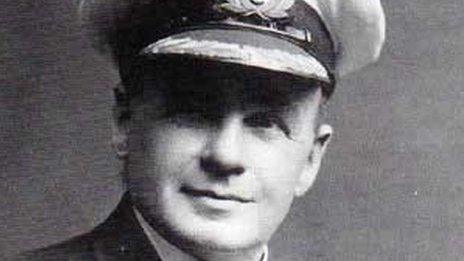Titanic: How losing a finger on ill-fated liner saved a man's life
- Published
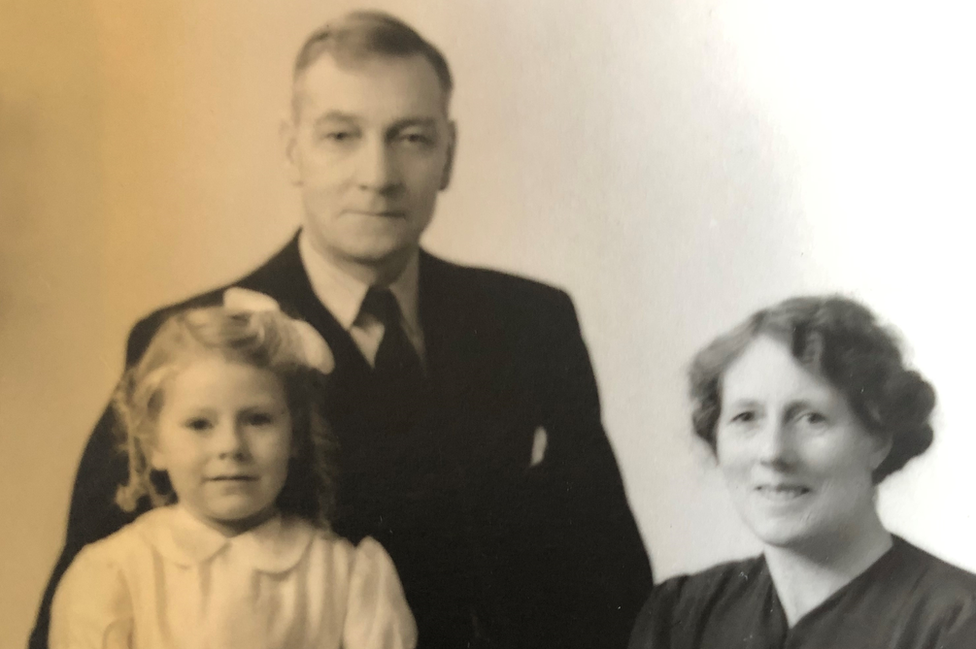
Joe Swarbrick, pictured with his daughter Elinor and his wife Charlotte,
One hundred and eleven years ago a man lost a finger, an accident that would ultimately save his life.
Joe Swarbrick was still in his teens when he and his brother made plans to emigrate.
Leaving the Shore Road in Belfast, they found work on a transatlantic cruise liner as engine crew.
But before it set off across the Atlantic Joe lost his index finger and he left the ship at Southampton.
That ship was Titanic.
More than 1,500 people died when the Belfast-built ship sank on its maiden voyage in April 1912 after hitting an iceberg.
Joe and his older brother Bill wanted to go to Canada when they found jobs on the world's most luxurious liner, joining it as it left Belfast.
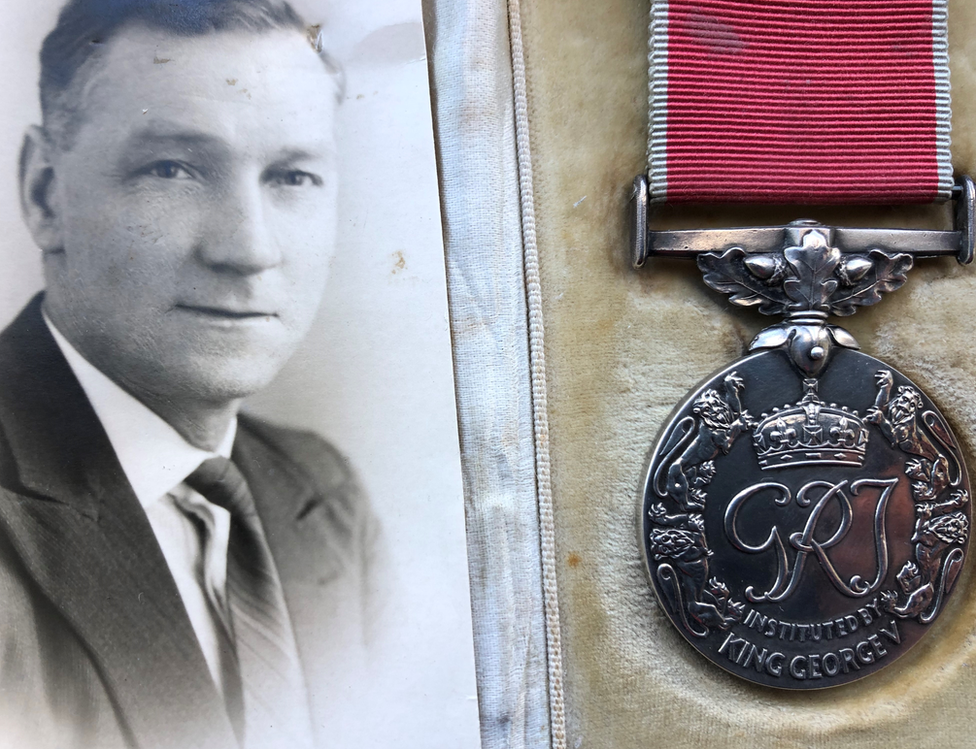
Joe Swarbrick was honoured in the Coronation honours of 1937
Joe's daughter Elinor Farquhar now 85, says her dad was involved in a work-related incident during the ship's delivery to Southampton.
"It meant he had to get off at Southampton and attend the hospital and his brother was asked to accompany him," Elinor told BBC News NI.
"My dad was told by the hospital that he couldn't travel on to America and had to go back home to Belfast and Bill was told to go with him.
"Both of them were very disappointed and my dad felt guilty about holding his brother back."
However by the time the men were back in Belfast a few days later disaster had hit Titanic.
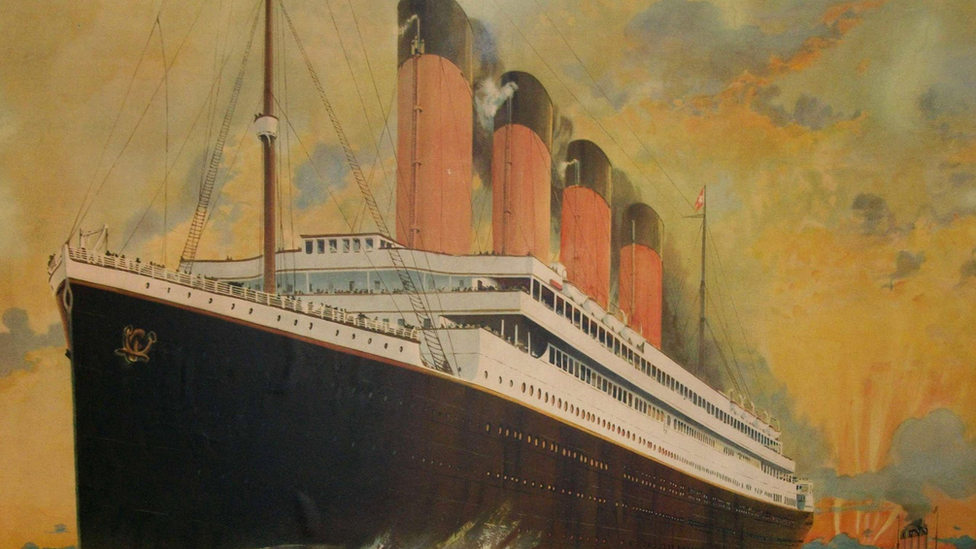
The Titanic was said to be unsinkable
Had the brothers been on the boat they almost certainly would have died.
Both men worked in the engine room - Bill as a greaser and Joe as a trimmer.
They were part of the crew who worked in the engine room, covered in soot and coal dust.
Had Joe stayed on Titanic his chance of survival would have been slim - out of the 79 trimmers on board, just over 20 survived.
Bill would eventually make it to Canada where he married and had a family.
On a visit home in 1967 newspapers asked him about Titanic.
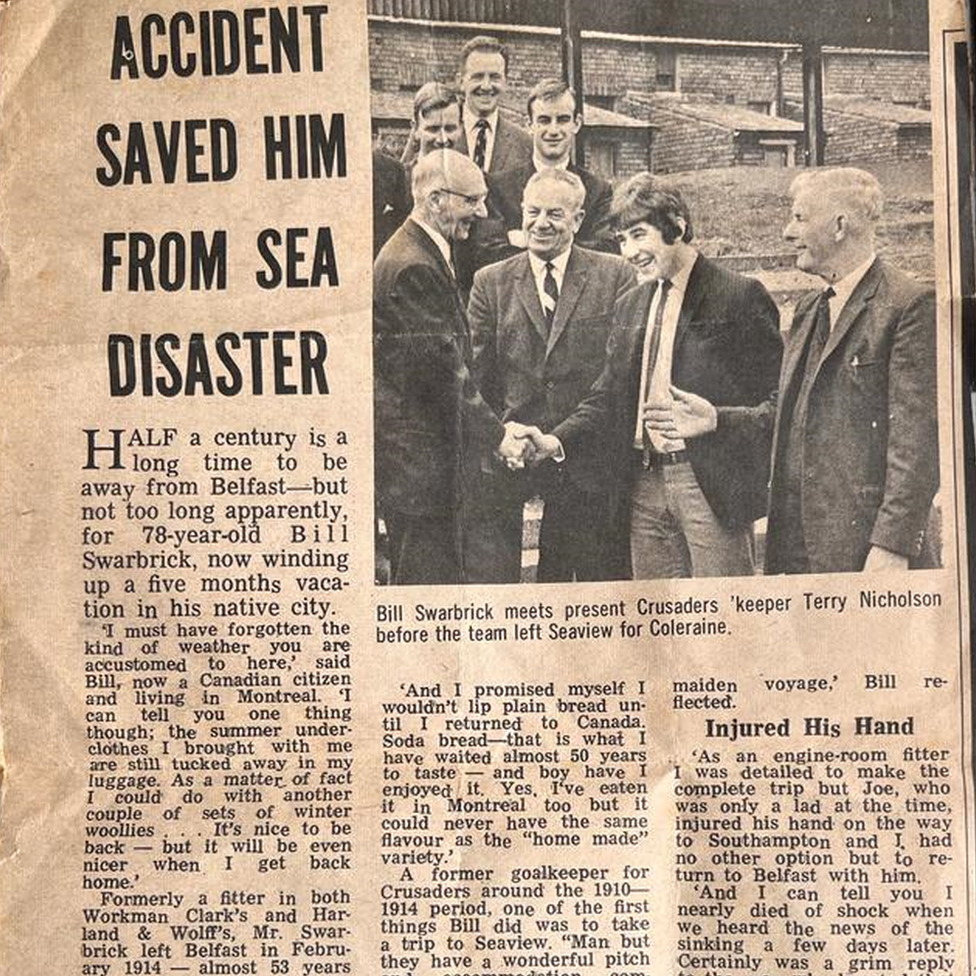
He told reporters that he "nearly died of shock" when he was told about the ship's sinking just a few days after they had left it in Southampton.
"Joe and I were members of one of the squads that took the Titanic on the first part of her ill-fated maiden voyage," he told one newspaper.
"As an engine-room fitter I was detailed to make the complete trip but Joe injured his hand... and I had no other option but to return to Belfast with him.
"A grim replay to the men who boasted the God couldn't sink the Titanic.
"Oh yes, I heard those statements being made many times during the construction."
Joe went on to serve in the Navy in both world wars and was awarded on OBE in 1937 for his services with the Belfast Steamship Company.
He died aged 52 after suffering complications due to injuries received in World War Two.
- Published16 February 2023
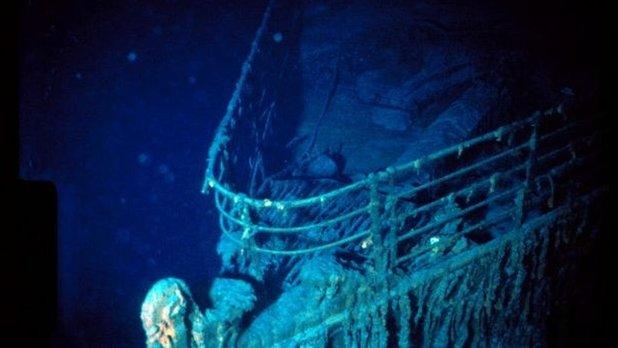
- Published30 March 2012
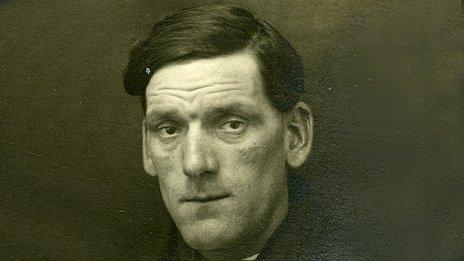
- Published8 April 2012
